Robin Adams Geiger, Ingenovis Health, United States
All nurses should be valued for their individual experience and knowledge in patient care. Nursing equity begins with recognizing the value of diverse voices and experiences across all levels of practice. This presentation explores how incorporating the insights and expertise of [....] » Read More
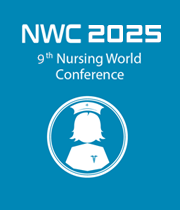


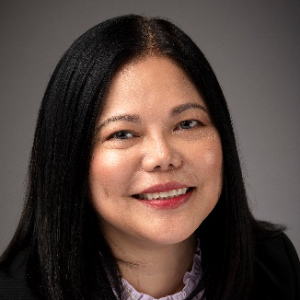

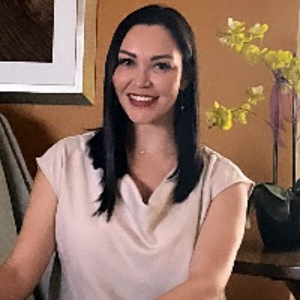

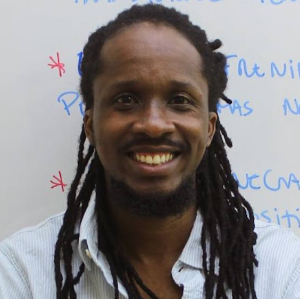
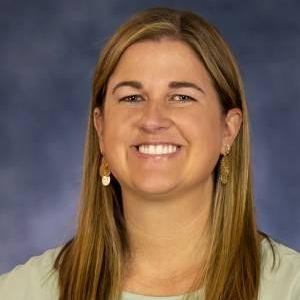


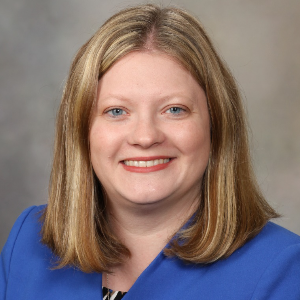

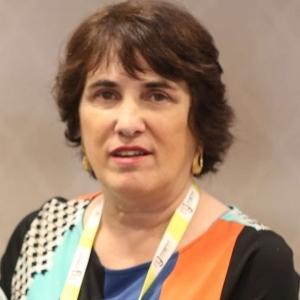





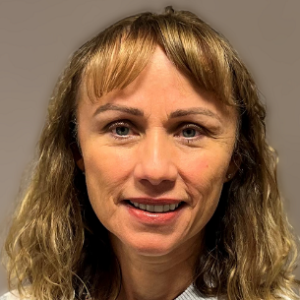
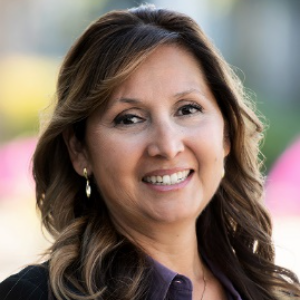



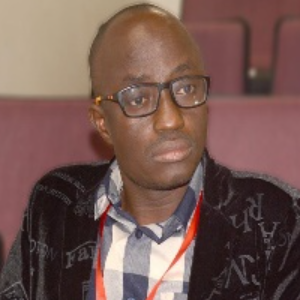





Title : Overview of augmented intelligence for nursing
Adele Webb, Strategic Education, Inc., United States
Will be Updated Soon...
Title : Eye contact seen from autism. A descriptive qualitative multicenter study into visions and experiences with regard to eye contact, a comparison between adults with and without autism
Jos Boer, UMC Utrecht, Netherlands
Background: Eye contact in autism is said to be different than in all other populations worldwide. But despite decades of research on the nature of eye contact in autism, no definitive conclusions can be made. This while more understanding of this phenomenon could help overcome s [....] » Read More
Title : Development of a coaching program on leadership for selected personnel in a healthcare environment
Mark Jeembs M Pineda, University of the Philippines Manila, Philippines
Introduction: Effective leadership is crucial in the healthcare sector, significantly impacting organizational performance and patient outcomes. Strong leaders enhance team dynamics, improve communication, and foster a culture of continuous improvement, that leads to better [....] » Read More
Title : Healthcare system sponsored CNA training program creates opportunity and increases workforce
John R Balcuk, Northwell Health Huntington Hospital, United States
Background: The recent jump in turnover attributed to the pandemic of the majority of positions within hospitals has subsided, with the exception of one vital role, Certified Nursing Assistants (NSI Nursing Solutions Inc., 2024). Certified Nursing Assistants (CNA) was the positio [....] » Read More
Title : Exploring pre-registration nursing students’ experiences of mentorship by New Graduate Registered Nurses (NGRNs) during clinical placement
Sheetal Sood, Western Sydney University, Australia
Background: Clinical placement supports pre-registration nursing students to develop essential professional skills such as critical thinking and problem-solving, social skills, communication skills, and professional attitudes and ethical principles. Pre-registration nursing stude [....] » Read More
Title : Application of immersive orthopedic surgery cooperation workshops in operating rooms
Jianwen Yang, Second Affiliated Hospital of Zhejiang University School of Medicine, China
Purpose: This study delves into the practical application and significant importance of orthopedic surgery cooperation workshops in operating rooms. We elaborate on the establishment and implementation process of the workshops, covering various aspects such as the design of train [....] » Read More
Title : Evaluating the effectiveness of resilience education in transition to practice programs for new graduate nurses
Kristie Richardson, Piedmont Healthcare, United States
Purpose: This study evaluates the effectiveness of the resilience education built into the Transition to Practice Program (TTP). Research Question: Does prioritizing wellness in a TTP build a resilient New Graduate Nurse (NGN)? Background: Fontanie et. al., (2021) define re [....] » Read More
Title : Pediatric evacuation drills: The process, the implementation and the learnings
Debra Miller, Nemours Children's Health, United States
Pediatric patients in a hospital setting are an at-risk population that require safe and efficient evacuation in the event of a natural disaster. Since 2014 there have been 278 Natural Disasters in the United States (Em-Dat). At Nemours Children’s Hospital, Delaware (NCH-D) [....] » Read More
Title : Pediatric evacuation drills: The process, the implementation and the learnings
Meredith Reape, Nemours Children's Health, United States
Pediatric patients in a hospital setting are an at-risk population that require safe and efficient evacuation in the event of a natural disaster. Since 2014 there have been 278 Natural Disasters in the United States (Em-Dat). At Nemours Children’s Hospital, Delaware (NCH-D) [....] » Read More
Title : Impact of geographical location on out-of-hospital-cardiac arrest in urban and rural populations
Heather Bullis, Colorado Mesa University, United States
Aim/Background: According to the World Health Organization cardiac arrest remains one of the world’s leading causes of mortality (2024) with markedly worse outcomes for those who experience out-of-hospital cardiac arrest (OHCA). The degree of urbanization can potentially in [....] » Read More
Title : The drive to deprescribe
Amy Siple, AmySipleNP, LLC, United States
Polypharmacy is becoming an epidemic in Western society and the hazards are numerous. Older adults are disproportionally affected. This presentation will take an in-depth look at what is creating this crisis, the risks involved, and how to avert it. De-prescribing is getting a lo [....] » Read More
Title : Correctional health care nursing is community health nursing
Alexis M Koenig, Herzing University, United States
Correctional Nursing is a specialty with origins in public health. The first national health care standards were drafted specifically for correctional institutions and published by The American Public Health Association (APHA) in 1976. In 1977, the AMA published standards specifi [....] » Read More
Title : An innovative nursing orientation
Linda Liu, Cook County Health Stroger Hospital, United States
Background: High turnover rates remain a significant challenge in U.S. healthcare, with hospital turnover rates at 20.7% in 2023 despite a 2% improvement from 2022. Registered nurse (RN) turnover has improved by 4.1%, reaching 18.4%, but is still critical among RNs with less than [....] » Read More
Title : Trust: Strategies to cultivate a high-trust culture for sustained system improvement
Colleen Pospishil, Joint Commission Resources, United States
Trust across healthcare is fragile but a critical component in consistently delivering high quality, patient- centered care. Investing time and resources to build a high-trust culture between executives, nursing leaders, frontline leaders, staff, and clinicians will lead to impro [....] » Read More
Title : Trust- Strategies to cultivate a high trust culture for sustained system improvement
Dawn Allbee, Joint Commission International, United States
Trust across healthcare is fragile but a critical component in consistently delivering high quality, patient- centered care. Investing time and resources to build a high-trust culture between executives, nursing leaders, frontline leaders, staff, and clinicians will lead to impro [....] » Read More
Title : Study of workload, professional qualification in nursing and occurrence of health incidents
Eliane Cristina Sanches Maziero, Universidade Fededral do Paraná, Brazil
Studies have confirmed that work conditions are important factors for the quality of nursing care, patient safety and the satisfaction of the professional. Among the nursing action fields is the intensive treatment in pediatrics and neonatology, population that, because of its vu [....] » Read More